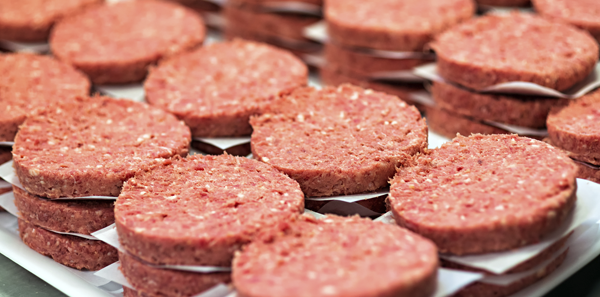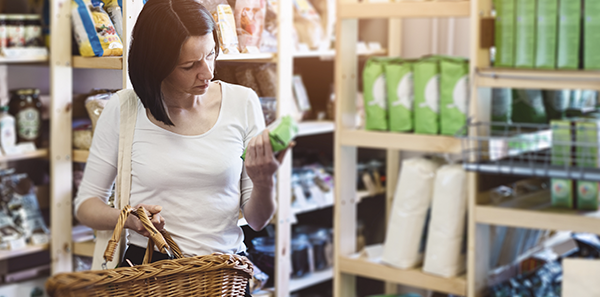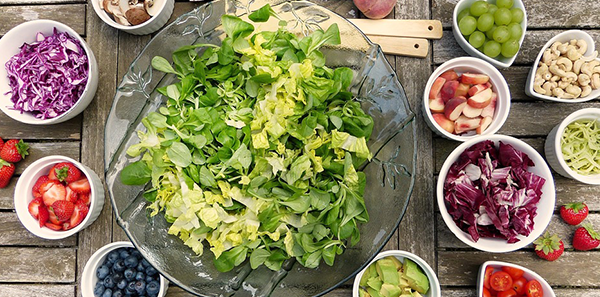
The immune system is the body’s natural defence barrier against external toxins, whether inorganic (heavy metals, chemicals, toxins) or organic (natural poisons, toxins, viruses, bacteria, and other microorganisms).
In addition, it is related to other body systems, such as the respiratory, digestive, and nervous systems.
Our habits are the leading cause of changes in our health. In this sense, proper rest, physical exercise, personal hygiene, and good management of our emotions and nutrition should be encouraged to feel good immunologically, that is, for balance and well-being throughout the body.
But why is it important? It not only prevents infections, but it also allows our body to distinguish between beneficial and harmful microorganisms. When this function is lost, we run the risk of our immune system attacking our own body, producing an autoimmune disease.
Nutrition for improving the immune system
The first step is to avoid harmful foods that lack nutrients, such as alcohol or ultra-processed foods, as they produce high levels of chronic inflammation and glycemia. To do this, base your diet on natural or low-processed foods or real foods.
Intolerances such as dairy, gluten sensitivity, or intolerance to other foods should be strictly removed from the diet to avoid possible damage to the intestine and the intestinal flora.
Consequently, we must prioritise vegetables more than ever, especially raw vegetables, since they are loaded with vitamins, minerals, and, above all, antioxidants capable of improving and purifying the body’s cellular environment. Salads are one way to include them in our diet.
In addition, foods rich in vitamin C are good options, such as oranges, peppers, kiwi, strawberries, currants, or homemade lemon juice, since these foods help growth and tissue repair, essential elements for caring for our organism.
Advanced tips
Are you already doing all of the above yet still not feeling quite right on an immune level? Try the following:
Be sure to pay attention to probiotics and prebiotics, as they improve the digestive system and the microbiota inhabiting our body. They can be found in fermented foods, such as kefir or kombucha, and protect the intestinal flora, cleanse the liver and provide antioxidants to the whole organism.
In addition to different vegetables and fruits, resistant starch, a high-quality prebiotic, from reheated potato, and wild or cultivated mushrooms can be added to the diet. Brazil nuts are also very rich in selenium, an essential mineral.
What about supplements?
In addition to all the above, elderly individuals or people dealing with weakness can complement their diet with the following supplements:
- Zinc
- N-acetyl-cysteine
- Vitamin C
- Vitamin D3
- Selenium
To learn more about probiotics, prebiotics, supplements, and how to include them in your diet, you can contact a nutritionist who will advise you and explain how to start taking them. It is one of the best investments you can ever make.
Enrique de Gomar
Graduate in Sports Sciences and Degree in Human Nutrition
Specialist in sports nutrition and clinical nutrition
Simply Health Centre












